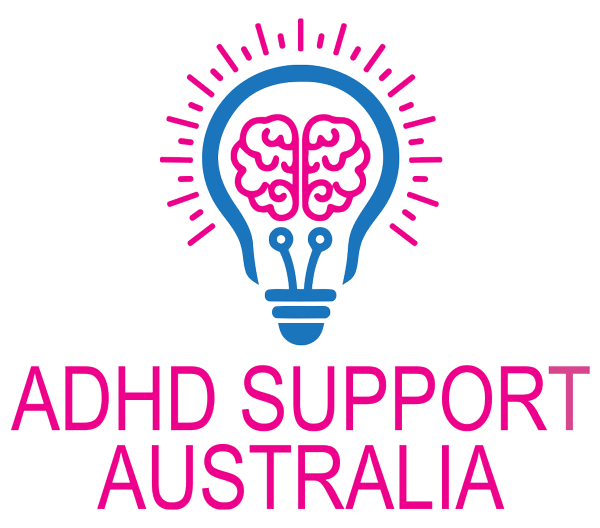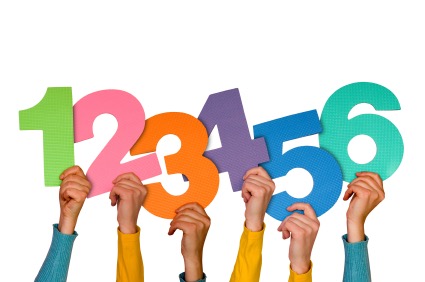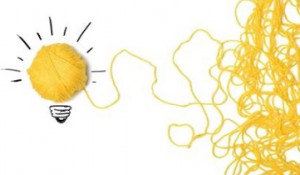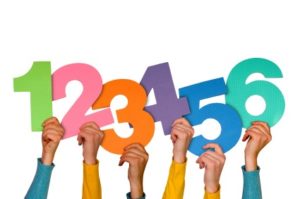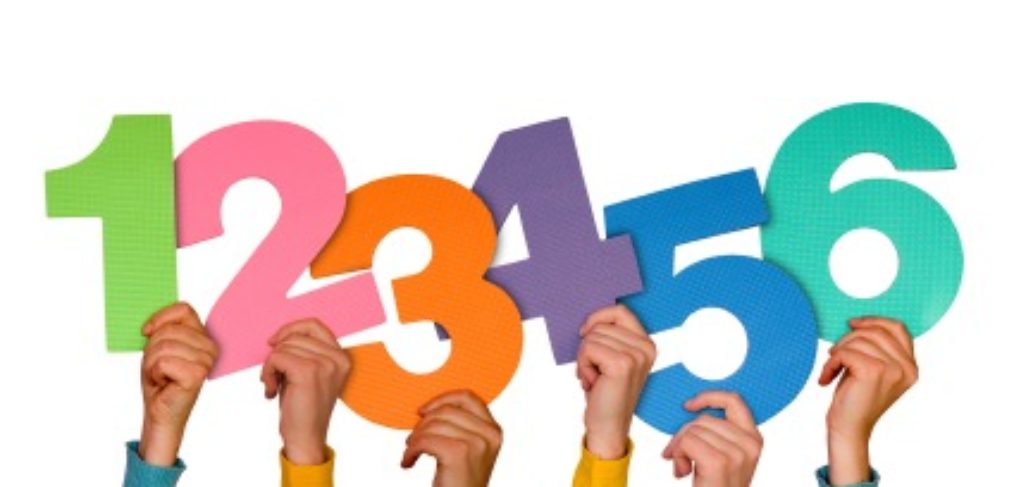
Learning Difference Convention

The Learning Difference Convention recognises that a systematic, explicit and multi-sensory approach to reading is essential and that early intervention is key. Whilst we provide FREE resources to assist with reading, we recognise that dyslexia is more than just a reading difficulty and that dyslexics have varying needs, relative to their individual strengths and weaknesses.
This unique event allows us to share the plethora of information, whether it be reading, writing, spelling, co-ordination, concentration, auditory processing, mathematics, study skills, organisational skills, self-esteem difficulties, anxiety, social skills, behaviour, technology, visual processing, nutrition and more. The event allows you to ask the necessary questions, meet the experts and support groups and try out loads of resources.
The event has triggered a healthy debate, resulting in increased awareness, increased action, increased support, whilst inspiring unity between organisations and institutions.
The LDC offer support to parents, teachers, teacher aides and allied health professionals, for all three tiers of intervention – programs for classrooms/schools, programs for small groups and programs for those more severe who require one on one support.
LDC allows us to keep abreast with what is going on in the world of dyslexia, equipping us with the information to grow in our knowledge and understanding as educators in Australia.
LDC encourage delegates to view learners in a holistic way, focusing on strengths and individual needs, rather than only dwelling on weakness and labels in which to categorise them. Moving from labelling, to profiling, empowers us in our understanding, without relying on the services of an ‘expert’.
It is particularly important to note that various SpLD’s overlap; as students are likely to have one or more co-occurring difficulties. In developmental disorders co-existing difficulties is the rule rather than the exception.
